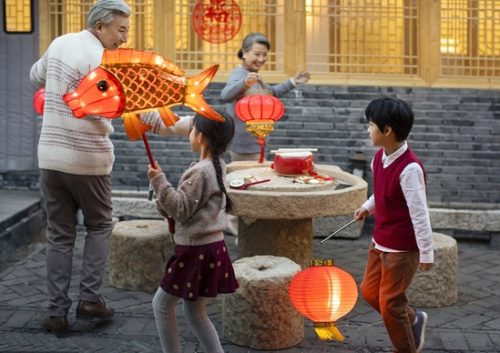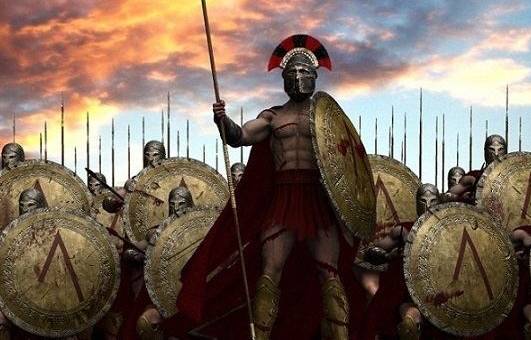

What do you know about China and Chinese festivals? China has long-standing and expansive agrarian culture. Chinese ancestors scheduled their agricultural production and life according to the solar and lunar cycles. In addition to months and solar terms, the growing seasons of different crops were also taken into consideration.
Therefore, some big days for ancient farmers gradually became festivals that were closely linked to the schedule of agricultural production and life at the very beginning.
Compared to industrialized society today, traditional agricultural society was more dependent on the natural environment. The ancient Chinese farmers were very sensitive to the changes of the seasons through their nuanced observations of the flowers, trees, birds, and animal migration in different seasons. Children inherited the different customs of the four seasons from their elders and were tied to nature.
Therefore, time, space, and individual life became closely intertwined as a whole. Various Chinese festivals and customs carry the Chinese philosophy, simple cosmology, and way of life.
For example, the Spring Festival.
The Spring Festival, also known as Chinese New Year, is the most important, distinctive and exuberant traditional Chinese festival with a long history, symbolizing reunion and prosperity.
It is usually a fifteen-day celebration beginning on the first day of the first lunar month. During the Spring Festival, Chinese people, no matter where they are, will travel even thousands of miles back to their hometown. On New Year’s Eve, they reunite with their whole families over a big feast, enjoying the happiness and warmth of family love that soothe the hardships and tiredness of the past year. There are also many customs for the Spring Festival.
And the upcoming Qingming Festival.
Qingming Festival, or Tomb Sweeping Day, usually falls on April 4 or 5. It is a traditional Chinese festival and an important day for most people to go and sweep tombs and commemorate their ancestors. By paying tribute to ancestors, filial piety and family ties are strengthened, and the shared family memories can be revived to foster a strong family identity.
Spring is when life is alive in everything, and it is also a good time for people to go out in nature. The ancient Chinese participated in activities such as ancient ball game (cuju), willow-planting, swinging, and kite-flying, enjoying the spring view and fresh air.
The festival integrates solar terms (the fifth of the 24 Solar Terms) with cultural customs, demonstrating the Chinese humanistic spirit of acting prudently, commemorating and respecting ancestors, and pursuing the harmony between man and nature. Also, these customs is an embodiment of the philosophy of following the laws of nature, Heaven, and Earth.
Chinese festivals, especially traditional festivals, embody the simple and natural philosophy of the Chinese people and are also an important part of Chinese civilization that has been perpetuated. China is a country with a long history, and the Chinese civilization, which stretches over thousands of years, is a valuable presence in the world civilization.






